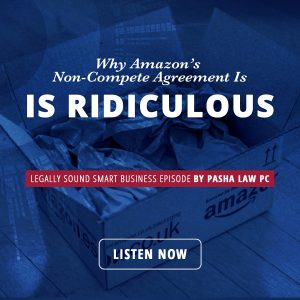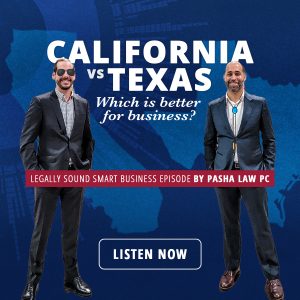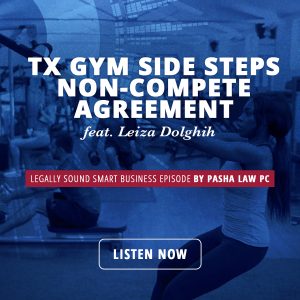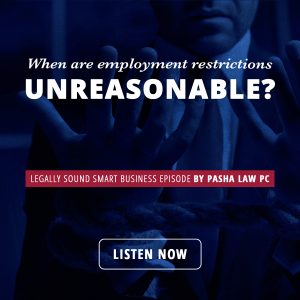Keep Employees from Becoming Competitors.
Employees are an important asset to your business, but they can also be the largest source of liability. They are necessary to keep your business operating, but also come with many legal obligations and questions – like this one:
How can you keep your employees from leaving and going to work for your competitors – or starting their own competitive business?
What is a Noncompete Agreement?
A noncompete agreement, also known as a noncompete clause or covenant not to compete, is a legal contract between an employer and an employee. The agreement stipulates that the employee will not engage in certain competitive activities, such as working for a direct competitor or starting a competing business, during or after their employment with the company.
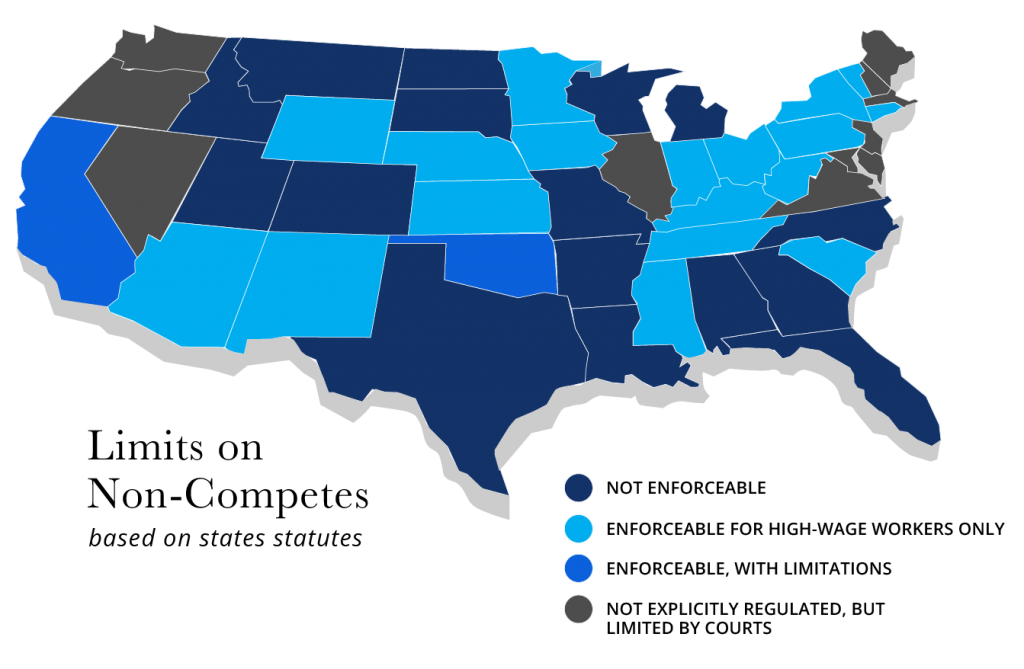
Employees are within their rights to assess and re-evaluate the value their current employment brings to their life, in exchange for the time and energy it requires.
If they decide to leave, how can you protect your business? Can you ask your employee to sign a non-compete agreement? Are non-compete agreements effective?
We have helped our clients evaluate these questions for years, and the answer varies, depending on which state you conduct business in. These resources are here to answer your questions about employees & non-compete agreements.
Non-compete agreements are complex legal instruments that play a significant role in protecting employers’ interests. However, they must be carefully crafted to strike a fair balance between employer protection and employee rights. It is essential for both parties to be well-informed about noncompete agreements, the applicable laws in their region, and the potential implications of such agreements before entering into them. Seeking professional legal advice can prove invaluable in navigating the intricacies of noncompete law.
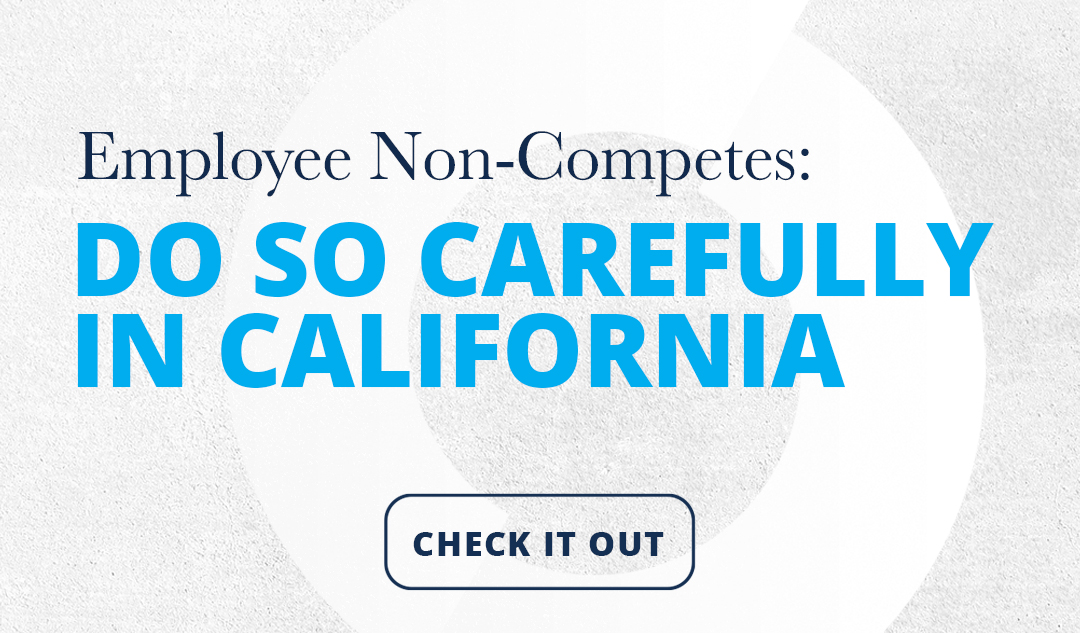
All those employee agreements you found on the internet that said “you can’t compete with us for 10 years after your termination” are probably void.
Find out why you need to rethink the validity of employee agreements.
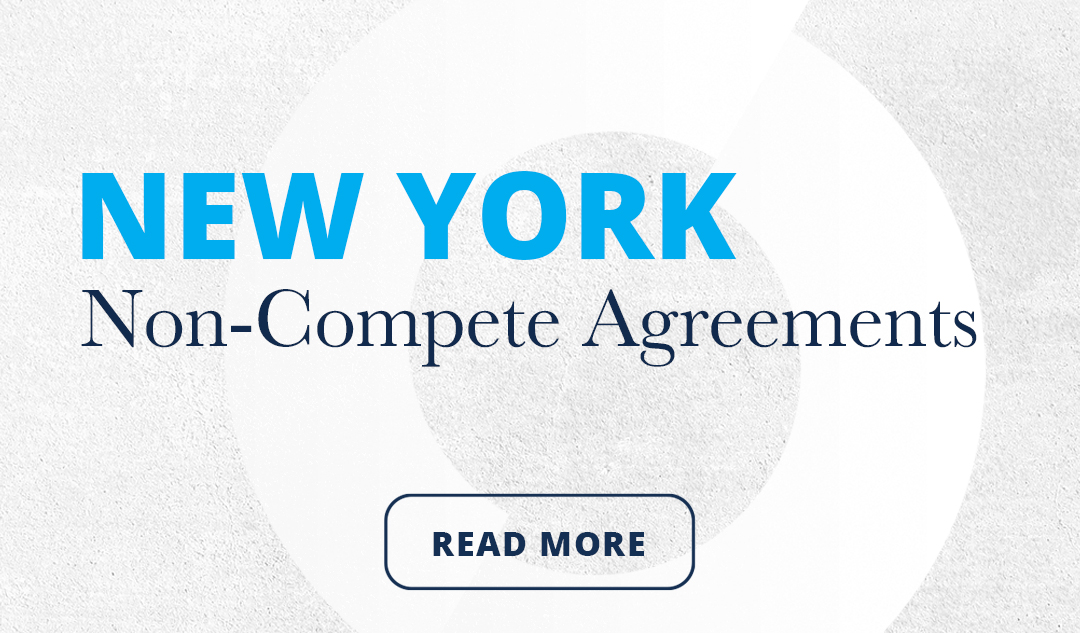
Suppose you do business in Florida, but have a smattering of employees in other states, like New York, California and Texas, and require that disputes be resolved under the laws of Florida, where most of your business happens. All good, right?
Read why you may have problems with addressing your hardships in Florida.
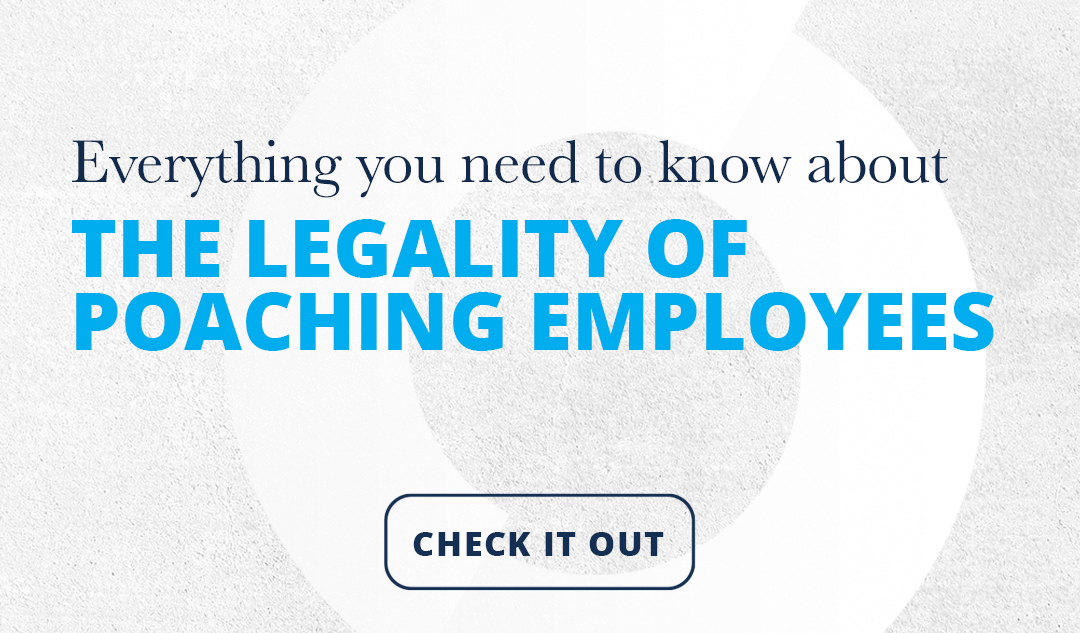
Poaching has a huge negative connotation, but the reality is that there are only so many places you can find great employees . Either you are preventing great employees from leaving or you will find them working for a competitor. Poaching, for the most part, comes with the territory of healthy competition, but some employers can push the ethical or legal line in the effort to find talent.
Find out how to prevent competitors from poaching your employees.
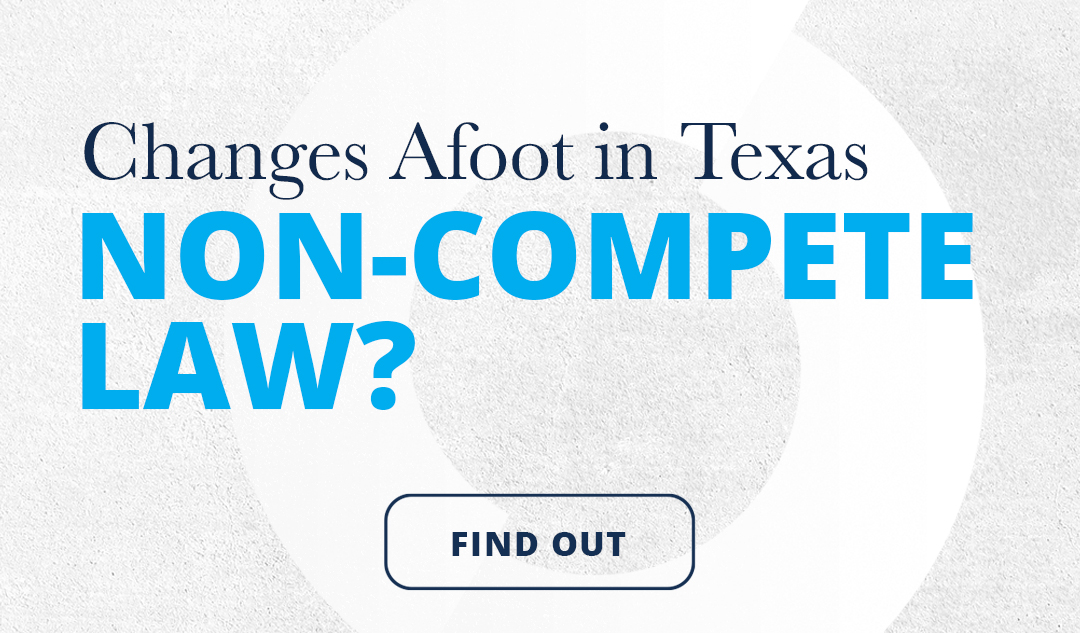
Will non-competes will be more difficult to enforce in Texas in the future?
Read about how the Texas Court of Appeals have raised puzzling questions about the direction of non-compete law in Texas.
Take these steps if your employee quits.
2021 in the workforce was known as the Great Resignation. In recent reports by the U.S. Bureau of Labor Statistics, 4.5 million people volunatarily left their jobs in November of 2021.
Managing Attorney Nasir Pasha is here to provide you with a few tips on how to handle this situation if an employee quits you.
And because Nasir is watching your back, don’t forget to take his advice on the 6 Habits of Business Owners That Will Get Them Sued.
Get Business Legal Updates
Contact
302 Washington Street #150-6440
San Diego, CA 92103
Houston:
2000 West Loop South #1350
Houston, TX 77027
San Diego:
5927 Balfour Ct #104
Carlsbad, CA 92008
Disclaimer and Legal Info: INFORMATION HEREIN IS NOT LEGAL ADVICE. The opinions expressed in this web site represent only the opinions of the author(s) and are in no way intended as legal advice upon which you should rely. Every person’s situation is different and requires an attorney to review the situation personally with you. Any testimonial or endorsement does not constitute a guarantee, warranty, or prediction regarding the outcome of your legal matter. NO ATTORNEY-CLIENT RELATIONSHIP CREATED. This web site does not create an attorney-client relationship and is not created without a signed written retainer agreement. Do not rely on any information on this site as it may be outdated or inaccurate. Pasha Law PC practices law only in the States of California, Texas, and New York where authorized to practice and does not seek to represent anyone in any other jurisdiction. Attorney Nasir N. Pasha is responsible for this Advertisement. Testimonials or endorsements do not constitute a guarantee, warranty, or prediction regarding the outcome of your legal matter. While we makes reasonable efforts to maintain accurate information on this web site, omissions or errors may occur. Essays or posts on this web site are provided only for general information and to communicate our personal comments. We specifically disclaim any liability resulting from use of any information contained on these web pages. The information you obtain from this site is not, nor is it intended to be legal advice, and no attorney-client relationship is or can be formed. You should consult an attorney of your choice for legal advice specific to your own factual matter. Pasha Law PC or its attorneys are not Certified by the Texas Board of Legal Specialization or no designation has been made by the Texas Board of Legal Specialization for a Certificate of Special Competence in the areas of business and/or corporate law and as otherwise described in this site.
Pasha Law PC © 2007 - 2024
